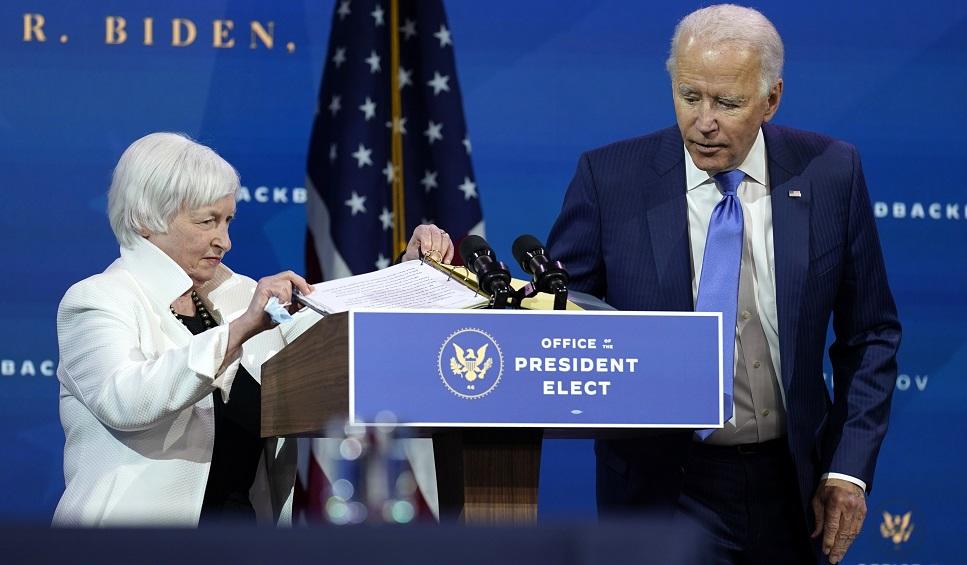Washington announced, during the G20 meeting, that it would abandon the “safe harbor” block, in unpleasant news for major digital companies.
The US Treasury Secretary Janet Yellen said her country would drop the “safe harbor” part of proposal for reform by former president administration in late 2019.
The safe harbor would have gave the major digital companies the right to choose between voluntary submission to the new tax system, or continuing to be subject to the existing tax system.
Safe Harbor
With this announcement, the US removed a major stumbling block, that was standing the way of an international agreement on taxing major digital companies.
France welcomed the new American position and considered reaching an agreement had become “within reach”, which could be next summer.
French Economy Minister Bruno Le Maire said a deal should be reached by summer, calling for negotiations to be “concluded without delay.”
Olaf Scholz, Germany’s finance minister, called Yellen’s move “a huge step forward on the way to an agreement between the participating states by the summer”. An EU official said it was “a very encouraging development”.
The US “will engage robustly to address both pillars of the OECD project, the tax challenges of digitisation and a robust global minimum tax”, a US Treasury official told the Financial Times.
Caution required
On the sidelines of the G20 meeting, Japanese Finance Minister Taro Aso said that what the global economy is going through requires caution due to the ambiguity surrounding COVID-19 vaccines.
The Japanese Finance Minister also extended his call to EU’s main economies to support for low-income countries, in light of the widening differences in terms of economic growth and vaccination.
G20 financial officials agreed to avoid early withdrawal of the financial and monetary stimulus packages, which they provided to the global economy with the aim of overcoming COVID-19 repercussions.
The German Finance Minister, Olaf Scholz, said the world’s largest economies should continue implementing rescue and support measures for workers and companies during the pandemic, as the recovery took longer time than initially thought.























































